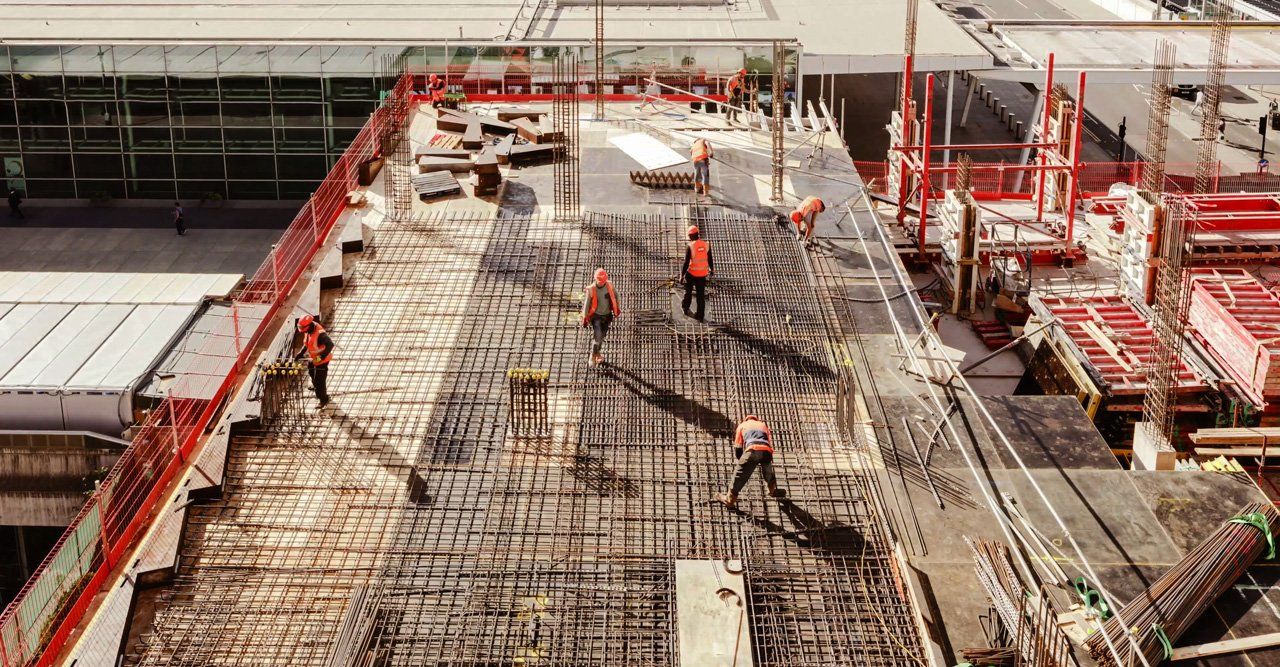Contractor Bonds: The Different Types and When You Need Each
- By Admin
- •
- 07 Jan, 2020
- •

Contractors use bonds in a variety of situations. Several different kinds of contractor bonds exist, and each one is suited for a particular purpose. Discover some of the more common kinds of contractor bonds along with when you need to use each if you run a contracting business.
When You Propose a Project: A Bid Bond
While you may be able to land small jobs without a bid bond, you'll usually need one when you propose larger projects. Specifically, if you propose projects in a competition to win a commercial or public works construction, you'll need one of these.
When you need a bid bond, your company will purchase one from an insurer and list the organization that you plan to propose a project to as the principal. A bond's principal is the party that receives compensation if the terms of the bond are violated, and the organization you propose to will be paid by the bond if you fail to deliver on a proposal.
The purpose of this kind of bond is to make sure whatever contractor is awarded a job ultimately completes the proposed work. With this type of bond, companies and governments that have big projects don't need to worry about what will happen if a contractor they hire isn't able to do all the work. The company or government will receive compensation if that happens.
You should expect to purchase a contractor bond each time you propose a project for work that requires bids. Even though only one contractor is ultimately hired, everyone often needs their own bid bond in place when they submit a proposal.
When You Get a Job: A Performance Bond
Once you're awarded a big job, you'll likely be asked to carry a performance bond. A performance bond is like a bid bond in a lot of ways. An insurance company underwrites both, and the company or government you work for is the principal in both cases.
With a performance bond, the company or government is paid if you fail to do work that has been contracted. The only difference is that a bid bond is for proposed - rather than contracted - work.
Often, a performance bond will follow a bid bond. After your proposal is accepted and you sign a contract, you'll probably drop the bid bond and get a proposal bond. In a few cases, you might need a performance bond for work that doesn't first require a proposal.
When You Begin Work: An Ancillary Bond
An ancillary bond is similar to a performance bond in that it guarantees a contractor will complete work that they've contracted with another organization to do. If the contractor fails to deliver, the bond will pay the company or government as the bond's principal.
Ancillary bonds, however, specifically guard against non-performance that arises from incidental issues that aren't directly related to a contract. For example, this kind of bond might pay out if weather issues or riots delay a project's completion.
When You Hire Subcontractors: A Payment Bond
Subcontractors are common in the construction industry, and they need to be paid for the work that they do. Whenever you hire subcontractors to work on an aspect of a major project, you may have to get a payment bond as a guarantee that the subcontractors will be paid.
Depending on the nature of a project that you take on, you might be asked by the company that hires you or the subcontractors you hire to carry a payment bond. Another company might want it so that subcontractors don't come after the company if you fail to pay the subcontractors. Subcontractors may ask for it simply so they know they'll be paid.
If you need a contractor bond, contact Golden State Contractors School.
PAYMENT









